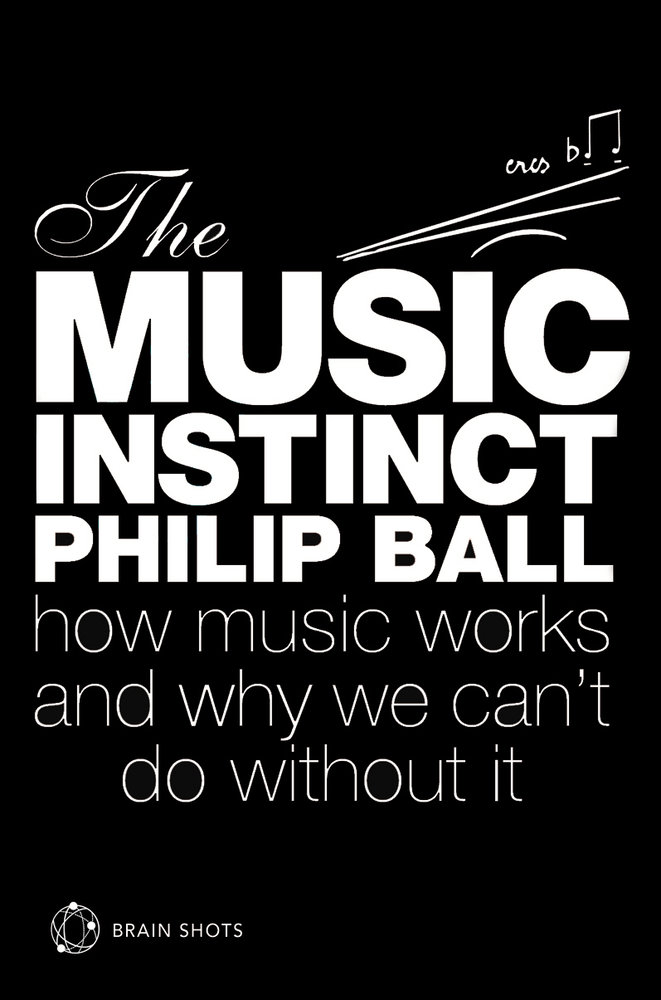All human cultures seem to make music - today and through history. But why they do so, why music can excite deep passions, and how we make sense of musical sound at all are questions that have, until recently, remained profoundly mysterious. Now in The Music Instinct Brain Shot Philip Ball provides the first comprehensive, accessible survey of what is known - and what is still unknown - about how music works its magic, and why, as much as eating and sleeping, it seems indispensable to humanity.
BRAIN SHOT: Byte-sized survey of what is known - and what is still unknown - about how music works and why it is indispensible to humanity


